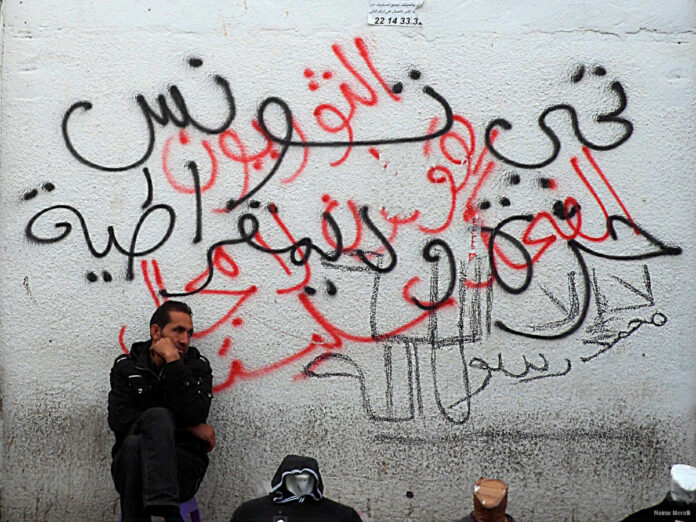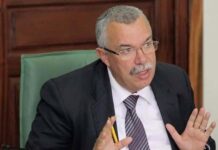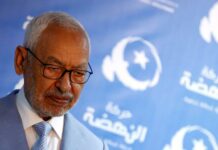Francis Gilles, a research assistant at the Barcelona Center for International Affairs, wrote an article in Al-Arab newspaper about what he calls the “Tunisian Paradox”. He began his article by noting that “constitutional and electoral reform is necessary, but it will not happen by will alone, and the president’s support is tinged with apprehension, lest this morally strict man think that he is a savior who can revive prosperity in Tunisia on his own.”
The developments in Tunisia surprised diplomats, they seriously underestimated the tactical skills of a strict and socially conservative law professor. Saied has few advisers and speaks only to condemn in the strongest terms the corruption that is destroying his once prosperous country in North Africa. Tunisia was the first country in North Africa and the Middle East to overthrow its dictator a decade ago, igniting the revolutions that swept the Arab world.
The writer adds that, since the 2011 revolution, successive Tunisian prime ministers have fallen prey to social pressure and unfair demands. The number of civil servants and government companies increased by more than 150,000 to more than 600,000 in a country with a population of less than 12 million, with many employed without any qualifications.
Most of the political parties, stakeholders, and mafias were all contributors to this game, emptying what was once one of the best Arab civil services. Tunisia’s public wage bill consumed about 75 percent of tax revenue in 2020, up from 53 percent in 2010. The inevitable result was a reduction in investment in infrastructure, education, and health.
The global pandemic has exacerbated the crisis in Tunisia, especially with the emigration of thousands of doctors from the country. Therefore, hospitals have slipped under the weight of the inability to provide care for those infected with the epidemic.
Under such difficult circumstances, it was not shocking that tens of thousands of people from all social classes poured into the streets of Tunisian cities and villages, affirming their support for President Saied’s decisions. This support has remained in place more than a month later, despite denouncing what many Western commentators have described as a coup against democracy.
Francis Gilles devoted part of his article to talk about the procedures that followed the decisions of Kais Saied. For example, in the past five weeks, the police, on the orders of the president, have raided warehouses across the country and confiscated vast quantities of unauthorized goods, most of which were smuggled through ports where one of the myriad mafia groups facilitated its passage from over there.
It should be noted here that many goods come from Turkey, which is a strong supporter of the Islamic Renaissance Party Ennahda and many suspect that it is one of its financiers, since it became a parliamentary pillar for all the governments that the country has witnessed since 2012.
The writer says that “Saied will have to pick people of integrity to help rebuild state institutions, given that he is suspected of politicians, senior state officials and businessmen […] The United States and the European Union also need to provide a generous package to Tunisia through bilateral trade and the International Monetary Fund.”
Gilles also considers that the role of the army will be essential. The Tunisian army is “small, professional, and atypical compared to its Arab counterparts. It has never played a political role, and has no commercial interests. The United States, which played a key role in helping Tunisia fight terrorism, trains its senior officers. The army was a protector of the country unwilling to manage it.”











